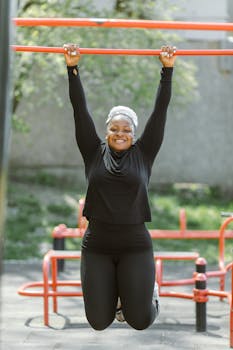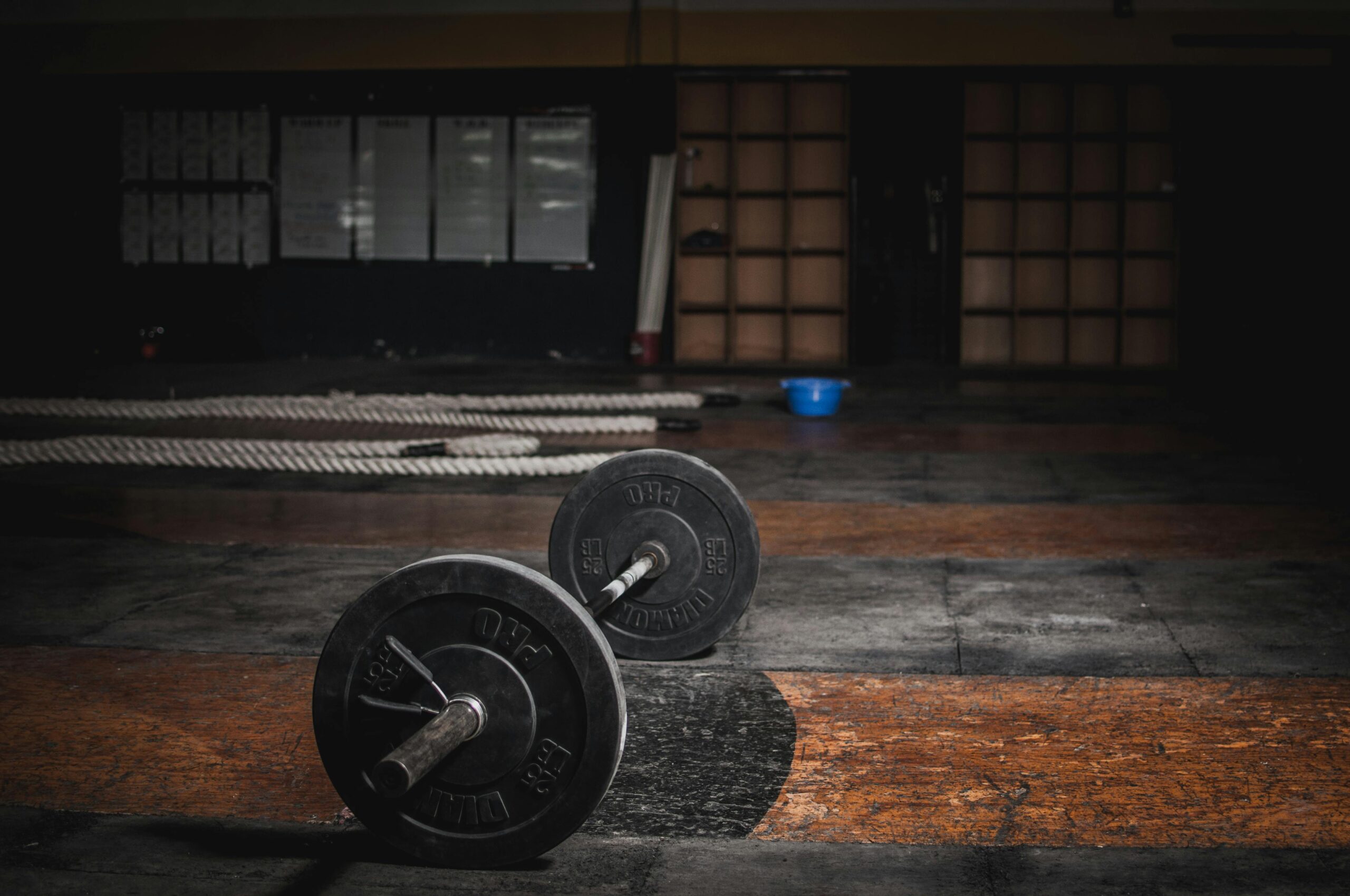Contact Us 720-964-1335 or 901-675-6125
Can Creatine Support Your GLP-1 Weight Loss Journey?

Introduction
When most people think of creatine, they picture athletes and bodybuilders chugging down shakes before hitting the gym. But here’s the truth: creatine isn’t just for men in the weight room. It’s one of the most researched, safe, and effective supplements for maintaining muscle and strength across the lifespan, and it’s especially relevant for women over 40 who are on a weight loss journey.
If you’re taking a GLP-1 weight loss medication, you may already know that appetite suppression can sometimes lead to eating less protein. And when protein intake dips, the risk of muscle loss rises. That’s where creatine may step in as a powerful ally. Let’s explore what creatine is, why it matters for women on GLP-1 weight loss medication, and how to use it in a safe, holistic way.
What Is Creatine?
Creatine is a naturally occurring compound found in your muscles, where it helps produce energy for short bursts of movement. Your body makes some creatine on its own, but you also get it through foods like red meat, poultry, and fish. Because most diets don’t provide enough to maximize muscle storage, creatine is often used as a supplement.
For decades, creatine has been studied in athletes, but newer research highlights its value for healthy aging, bone health, cognition, and metabolism. It’s not just about performance; it’s about protecting your body as it changes with age.
Why Creatine Matters for Women on GLP-1s
GLP-1 medications are highly effective for weight loss, but they work in part by suppressing appetite. That means many women unintentionally eat less food overall, including protein. Over time, this can contribute to:
- Loss of muscle mass
- Slower metabolism
- Weakened strength and stamina
- Greater fatigue during workouts
Creatine doesn’t replace protein, but it supports muscle energy and recovery. That means when you do eat protein and engage in exercise, creatine helps your muscles make better use of those nutrients. For women on GLP-1s, creatine may be one more way to guard against muscle loss while still reaping the benefits of fat loss.
Benefits of Creatine Beyond Weight Loss
While creatine shines in preserving and building lean mass, its benefits go beyond the scale:
- Bone health: Creatine paired with resistance training may support bone density, which is vital during and after menopause.
- Cognitive support: Emerging studies suggest creatine may help with brain energy metabolism, offering potential benefits for mood and cognition.
- Exercise recovery: Creatine can reduce muscle soreness and improve recovery between workouts, making it easier to stay consistent.
- Healthy aging: By protecting muscle and function, creatine supports independence and quality of life long-term.
Safety and Common Misconceptions
Despite decades of research, myths about creatine persist. Let’s clear up a few:
- Myth: Creatine causes bulkiness. Reality: Creatine helps muscles hold water inside the cells, which supports strength and fullness, but it doesn’t automatically create “bulky” muscle. In fact, most women notice more tone and less fatigue.
- Myth: Creatine harms kidneys. Reality: In healthy adults, creatine is considered safe at recommended doses (typically 3–5 g/day). If you have kidney disease, always consult your healthcare provider.
- Myth: Creatine is only for athletes. Reality: Older adults, post-menopausal women, and people on weight loss journeys may see some of the greatest benefits.
The most important tip? Stay hydrated while using creatine, since it helps muscles draw in water.
How to Use Creatine Safely
If you’re curious about creatine, here’s how to approach it:
- Choose a quality source: Creatine monohydrate is the most researched and effective form. Professional-grade products (like those available through Fullscript) ensure purity and safety.
- Dose consistently: 3–5 g per day is the standard. Some choose a “loading phase” (20 g/day for 5–7 days), but for most women, slow and steady is easier on the gut.
- Pair with protein and movement: Creatine works best alongside protein-rich meals and resistance training.
- Stay hydrated: Aim for at least 64 oz of water daily, more if you’re active or on GLP-1 weight loss medication that can cause dehydration.
The FRESH Framework and Creatine
At Ample Health & Wellness, I use the FRESH Framework to guide women toward sustainable wellness. Here’s how creatine fits in:
- F – Food Freedom: Pair creatine with balanced meals that include protein, fiber, and healthy fats.
- R – Rewire Mindset: Understand creatine as a wellness tool, not just a “bodybuilder’s supplement.”
- E – Elevate Habits: Make creatine a simple daily routine, just like taking a multivitamin.
- S – Simplify Environment: Keep a ready-to-mix container at home or work for easy use.
- H – Honor Whole Health: Protect your muscles, mood, and metabolism as part of aging gracefully.
Is Creatine Right for You?
Creatine can be an excellent tool for women over 40, particularly if you:
- Are on a GLP-1 weight loss medication and want to preserve muscle.
- Are starting or maintaining a resistance training program.
- Struggle with fatigue or recovery after workouts.
- Want to protect bone and cognitive health as you age.
As always, creatine isn’t a magic bullet. It’s one piece of a holistic lifestyle that includes balanced nutrition, movement, stress management, and rest.
How Ample Health & Wellness Can Help
At Ample, I guide women through the nuances of sustainable weight loss, on and off GLP-1s. Supplements like creatine may help, but the real transformation happens when you combine the right tools with the right habits. That’s what my coaching delivers.
✔️ Learn how to pair supplements with nutrition for best results.
✔️ Protect lean muscle while still losing fat.
✔️ Build strength and energy that lasts through every stage of life.
✔️ Gain accountability, education, and support tailored to women over 40.
Final Thoughts
Creatine is not just for athletes. It’s for any woman who wants to age strong, protect her metabolism, and make the most of her weight loss journey. If you’re on a GLP-1 weight loss medication, creatine can be a valuable ally to prevent muscle loss, improve recovery, and keep energy steady. By approaching your journey holistically through food, movement, mindset, and smart tools, you can lose weight, feel strong, and keep results sustainable. And you don’t have to do it alone.
💙 Learn more at AmpleHealthAndWellness.com or ask me about professional-grade supplements through Fullscript.

📚 References
- Candow, D. G., et al. (2019). Effects of creatine supplementation and resistance training on muscle strength and lean tissue mass in aging adults. Nutrients, 11(8), 1809. https://doi.org/10.3390/nu11081809
- Forbes, S. C., et al. (2021). Creatine supplementation in women’s health: A lifespan perspective. Nutrients, 13(3), 877. https://doi.org/10.3390/nu13030877
- Devries, M. C., & Phillips, S. M. (2020). Creatine supplementation during resistance training in older adults: Meta-analysis. Medicine & Science in Sports & Exercise, 52(3), 537–547. https://doi.org/10.1249/MSS.0000000000002179
